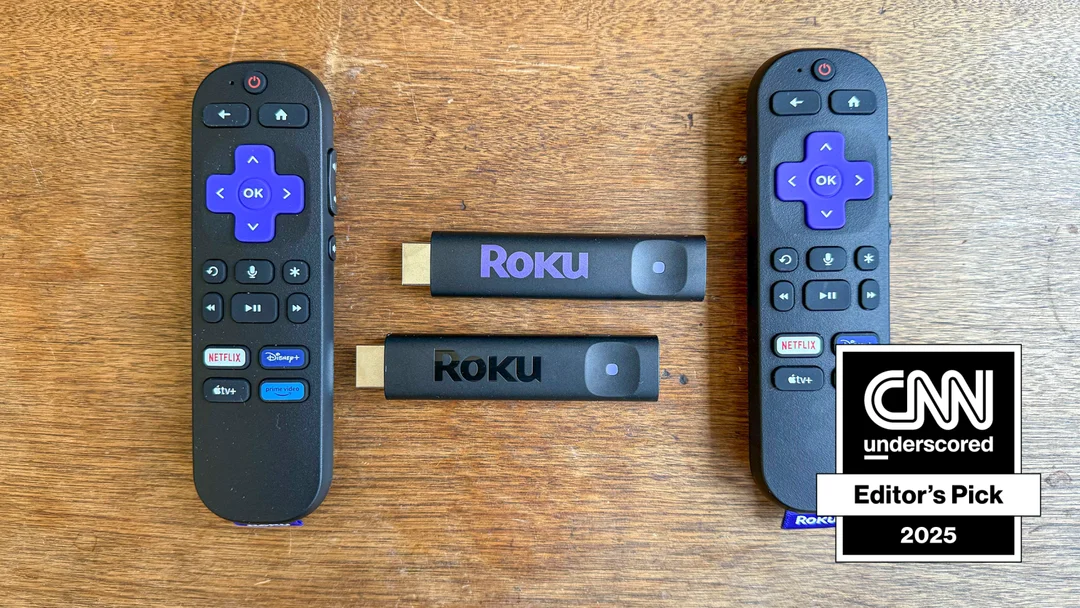
Roku Streaming Stick: A Budget-Friendly Streaming Revolution?
Roku has refreshed its streaming stick lineup, aiming to conquer the budget-friendly corner of the electronics market. The new Roku Streaming Stick and Streaming Stick Plus promise an improved experience, addressing previous pain points with their compact design and enhanced features. But do they live up to the hype?
The primary focus is on addressing the clunky design of previous budget streamers like the Roku Express. These new sticks tuck neatly behind your TV, plugging directly into HDMI ports, solving the annoyance of dangling devices or awkward placement. This makes them incredibly portable, perfect for travelers or those seeking a clean entertainment setup. As noted in the image, the USB connectivity ensures minimal clutter behind your TV.

One of the most significant improvements is the inclusion of a better remote with the standard Streaming Stick. The older Roku Express lacked essential buttons like volume control and a TV power button; now, users gain voice control and seamless TV operation directly from the Roku remote. This is a game-changer, eliminating the need to juggle multiple remotes.
However, early hands-on experiences haven't been entirely smooth. Some users reported bugs and buffering issues, particularly with HDR content on the Streaming Stick Plus. Netflix, in particular, seemed problematic initially. That said, these issues seemed to be resolved after the device was rebooted. This highlights the importance of software stability, even in budget devices.

Roku's strength remains its user-friendly interface. Getting out of your way and letting you open the apps you want. Performance-wise, the new sticks are decent for their price range, even though they may not match the speed of high-end smart TVs. However, picture quality differences are noticeable, especially compared to native smart TV apps, though this might only concern true video enthusiasts.
The $30 Roku Streaming Stick targets users with HD TVs, while the $40 Roku Streaming Stick Plus adds 4K and HDR support. However, the absence of Dolby Vision on the Plus model might push some users towards the slightly pricier Roku Streaming Stick 4K. The decision hinges on individual needs: HD vs. 4K, HDR preferences, and budget constraints.

Reducing e-waste by removing the power adapter is a commendable move, but it introduces a small inconvenience: TVs that don't constantly power their USB ports will display a Roku startup animation each time the TV is turned on. This might not be a big deal, but it's something to consider.
Ultimately, the new Roku Streaming Sticks offer a compelling upgrade for budget-conscious consumers. The improved design and enhanced remote are welcome additions. While initial reports of bugs give pause, the overall value proposition remains strong. Whether you choose the HD or 4K version depends on your TV and viewing habits. Are these new Roku devices enough to breathe new life into older TVs, or are they simply a stopgap in an increasingly smart TV world?
Share your thoughts in the comments below! What are your experiences with Roku streaming devices?